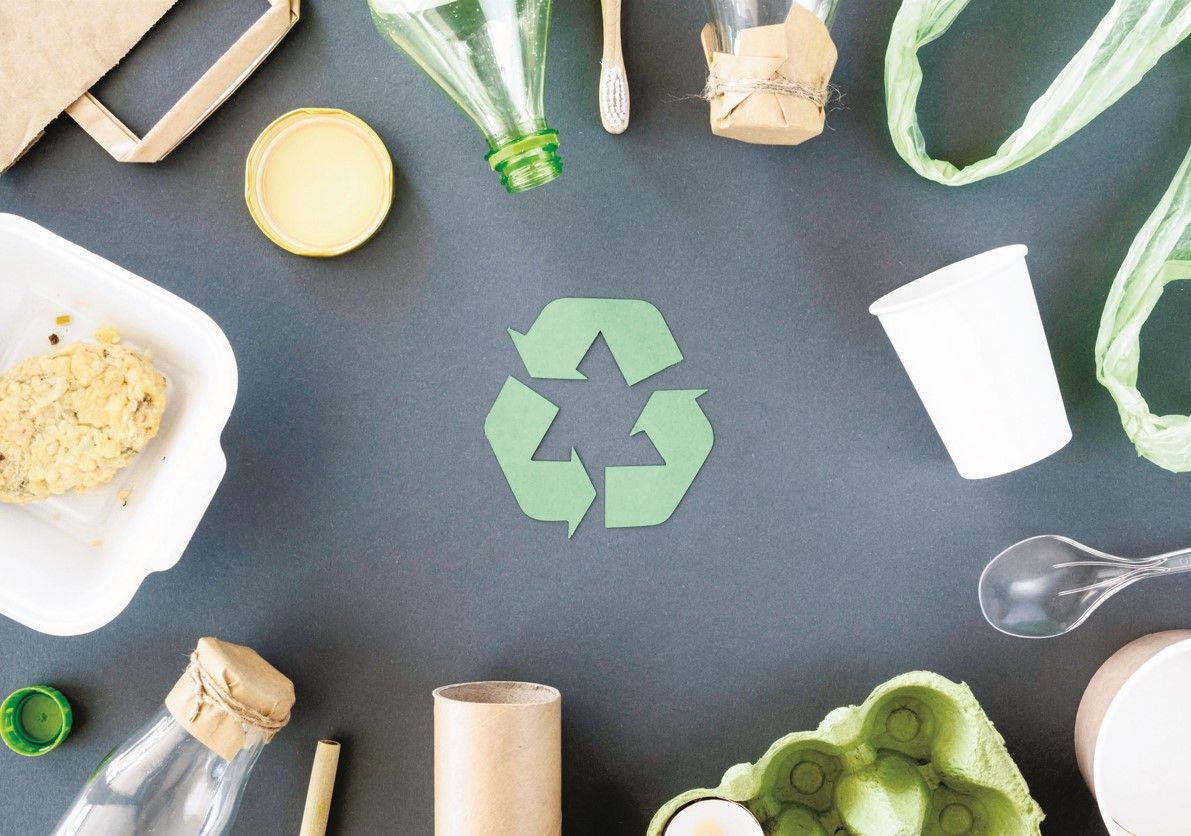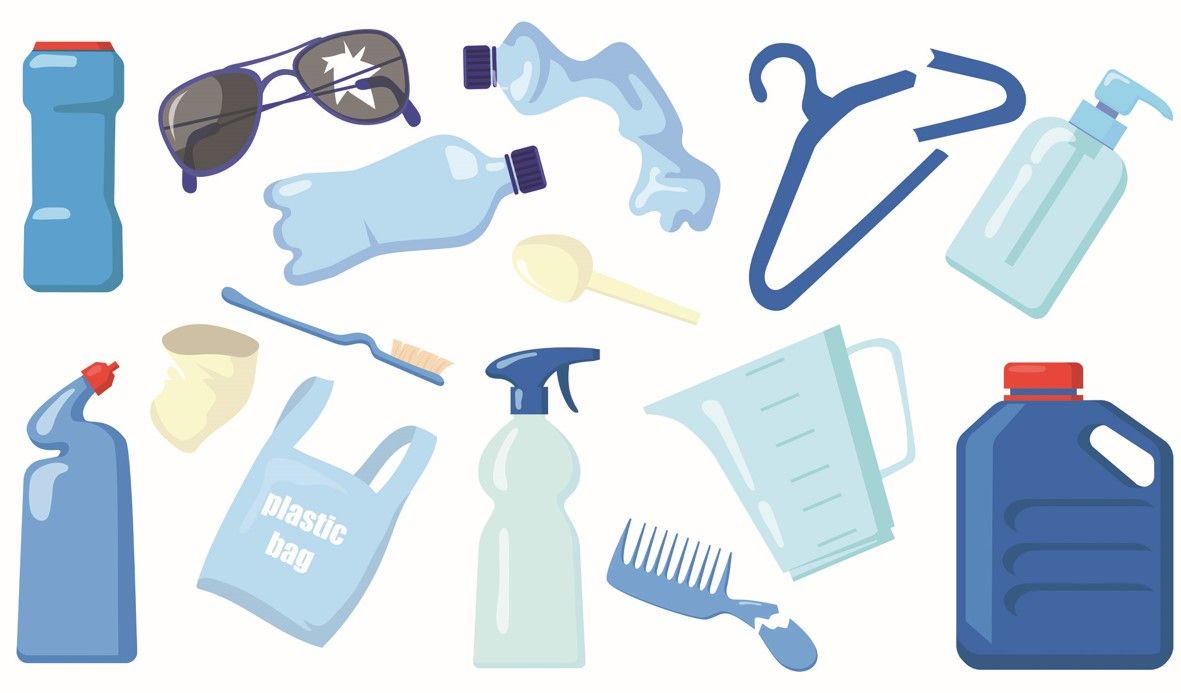From plastic to precious
This recycling project turns plastic into a reliable resource
By MB Lifestyle
by IANE MACASIEB
Plastic pollution is one of the pressing issues not just in the Philippines but also across the globe. According to Earth.Org, in 2019, the Philippines accounted as one of the countries which had the largest share of global plastic waste discarded in the ocean.
In pursuit to reduce plastic waste, Precious Plastic Philippines Foundation, a Non-government Organization (NGO) took a step forward in pursuing sustainable development and shows that there is still value in plastics that would otherwise usually be seen being thrown away along the streets or in the ocean.

To help in mitigating environmental problems, Precious Plastic Philippines initiated their drive to upcycle plastic wastes such as plastic bottles, bottle caps, plastic sachets and cups as they turn them into something useful like hair brush, reusable cups, bracelets, keychains, chairs and even a canoe or boats which can become a monetary source.
Precious Plastic Philippines’ journey began with the realization that plastic waste could be turned into a resource, providing positive effects on the environment and the economy.
“With the Precious Plastic blueprint, we’ve tailored the process to our local setting, creating affordable recycling workshops that enable individuals and communities to start their own small-scale recycling operations,” they said.
This has gradually opened up great opportunities for livelihoods, allowing people to craft useful items like tiles, containers, and even furniture, at the same time helping in cleaning up the environment.
Other than the initial goal of recycling plastic wastes, the organization was also driven by their other objective, which is to empower individuals through the value of recycling as means of building self-sustaining businesses.
“Our objective is to cultivate an entrepreneurial spirit around recycling. We want to empower individuals to see the value in waste and provide them with the means to build self-sustaining businesses that benefit both their community and the environment,” the organization said.

The ongoing initiative was first started in the Philippines seven years ago in Coron by Antonio Mompo as part of his family charitable project and it gradually became an NGO.
“We use various plastics, mainly types two (HDPE), four (LDPE), and five (PP), because they're commonly found in consumer waste and are easier to process with small-scale machinery. We encourage micro-entrepreneurs to start with minimal investment, using simple tools and locally sourced waste to create their products,” they explained.
Precious Plastic Philippines said that by introducing the concept of 'waste-to-wealth,' they do not only tackle the issue of plastic pollution but also create an ecosystem where people can learn, innovate, and earn a living from recycling and upcycling.
The project's goal is not only to recycle plastic wastes but to also start a movement that unites environmental preservation with the creation of sustainable lives, small-scale business encouragement, and community-led sustainability initiatives.